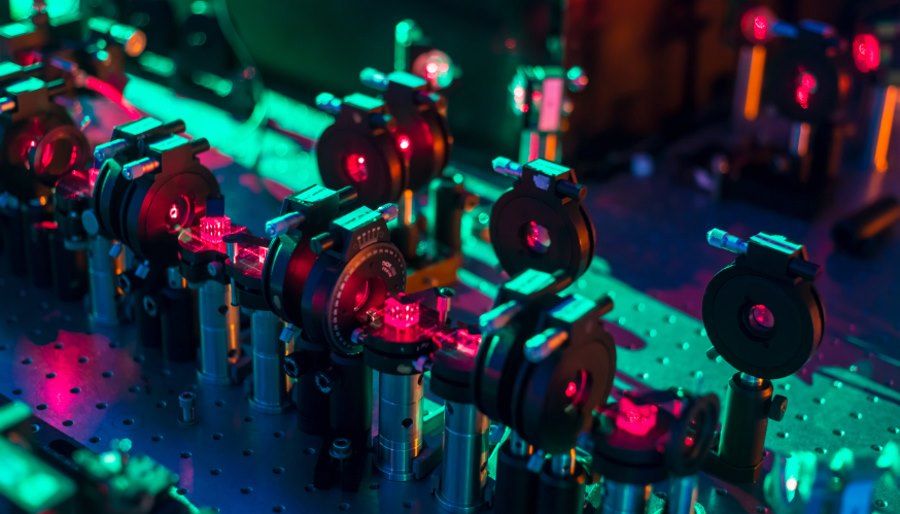Quantum computer will check all possible variants of the future
„The film Avengers: Infinity War features Dr. Strange, whoory analyzes 14 millionoin alternative paths of the future to find the one in which theorej heroes would be victorious. Perhaps it would have been easier to deal with with the help of a quantum computer” – write researchers from Nanyang Technological University in Singapore (NTU) and Griffith University in Australia. They constructed a prototype quantum device, ktore can generate all possible futures in a single quantum superposition.
– When we think about the future, we are faced with a wide range of possibilities, explains NTU’s Mile Gu, whoory led the development of the quantum algorithm underlying the prototype device. – These possibilities grow exponentially as we delve further into the future. For example, if we have only two choices every minute, then in less than poł hour there are already 14 millionoIn possible futures. In less than a day, the number exceeds the number of atomsoin the universe,” he adds.
But a quantum computer can explore all possible futures by placing them in a quantum superposition – just like the famous Schr catödinger, ktory is both alive and dead.
Scientists have designed a device in whichorym potential future results of the decision-making process are represented by the locations of photonow – quantumoin light. They then showed that the state of the quantum device was a superposition of many potential futures.
The findings of the research group were published on „Nature Communications”.
– The functioning of this device is inspired by Nobel laureate Richard Feynman – mowi Dr. Jayne Thompson of NTU. – When Feynman began studying quantum physics, he realized that when a particle moves from point A to point B, it does not necessarily follow a single path. Instead, he can move through all possible paths connecting points of. Our work extends this phenomenon and uses it to model future – explains.
The constructed device is now capable of generating 16 potential future scenarios simultaneously. However, the scientists claim that the basic quantum algorithm can in principle scale without limits. In addition, their machine needs much less operating memory for its calculations than simulations on traditional computers.
Sourceobackground: Griffith University, fot. Sergei Slussarenko, Griffith University
